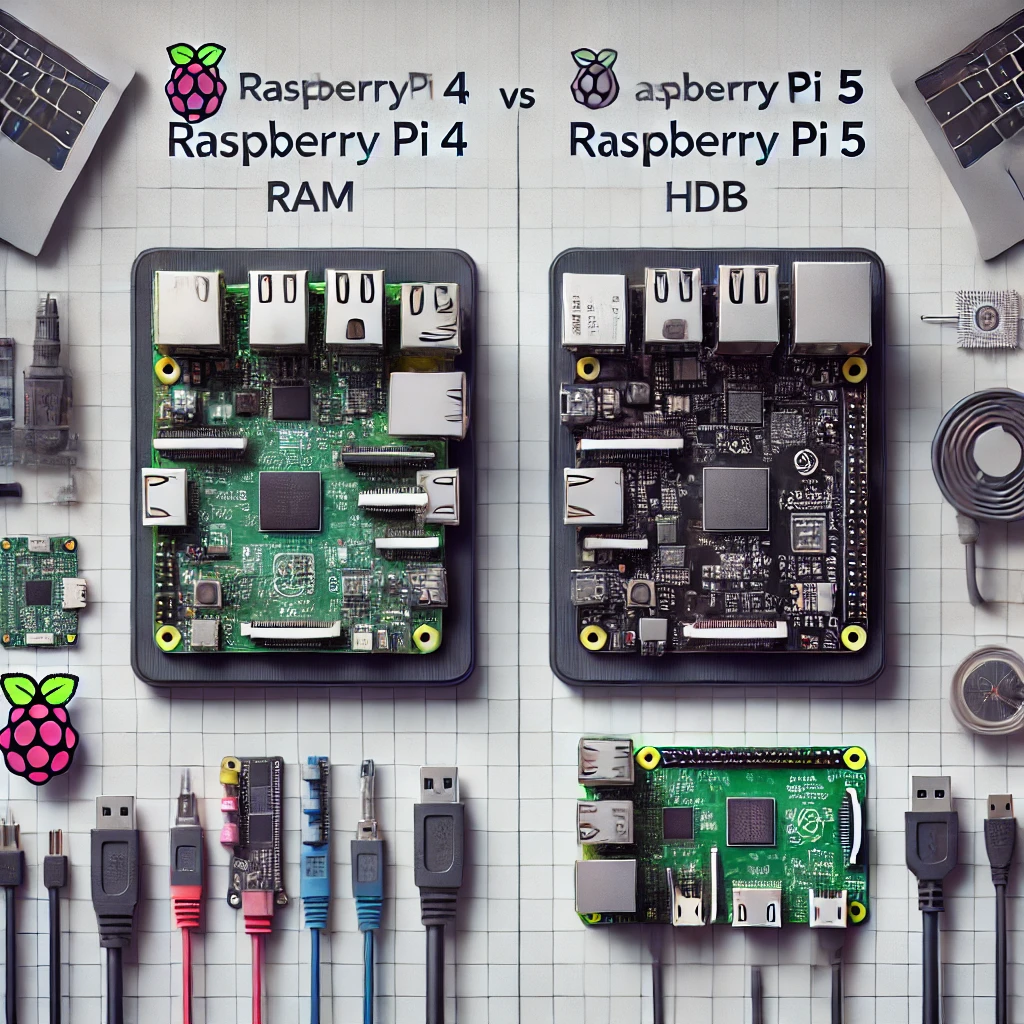Raspberry Pi plans to increase Pi 5 production to 90,000 units per week by February 2024, addressing supply shortages and rising demand.
Raspberry Pi is ramping up production of the Pi 5 to meet growing demand, with plans to produce up to 90,000 units per week by February 2024. This increase in production comes in response to high demand and ongoing supply chain challenges that have affected the availability of this popular model.
How Sony’s Manufacturing Partnership Boosts Production:
Sony plays a crucial role in Raspberry Pi’s increased production capacity. The Raspberry Pi manufacturing facility in Pencoed, Wales, operated by Sony, is highly automated, enabling efficient scaling of production. According to CEO Eben Upton, the uplift to 90,000 units per week was made possible by bringing more test heads online in the automated test pods
This level of automation ensures consistent quality and faster output, helping Raspberry Pi address supply shortages.
The Impact of Production Increases on Supply Chains:
For the past two years, Raspberry Pi models, including the Pi 5, have been affected by supply chain disruptions, resulting in scarcity and inflated prices on the secondary market. By boosting production, Raspberry Pi aims to stabilize the supply chain, making the Pi 5 more accessible to consumers and reducing the need for buyers to rely on third-party sellers.
Maintaining Availability and Future Outlook:
As production increases, the availability of Pi 5 units is expected to improve, allowing resellers to maintain consistent stock levels. This increase in output is a testament to Raspberry Pi’s commitment to meeting market demand, ensuring that enthusiasts and professionals can access the latest technology without delays(Tom’s Hardware).
Raspberry Pi’s plan to increase production to 90,000 units per week represents a significant effort to address supply shortages and meet the growing demand for the Pi 5. This move will help the company solidify its position in the market and ensure that customers can obtain the Pi 5 more easily in 2024.






